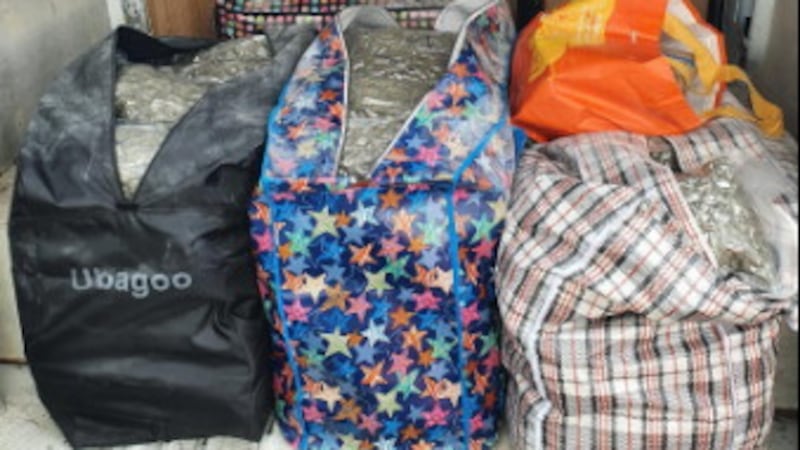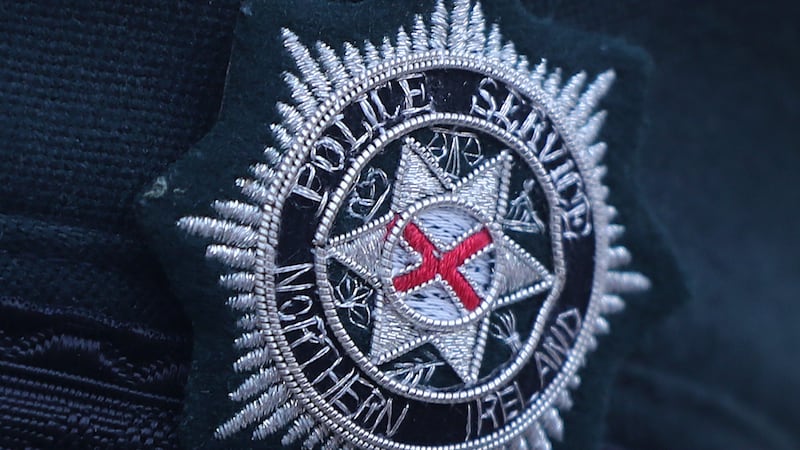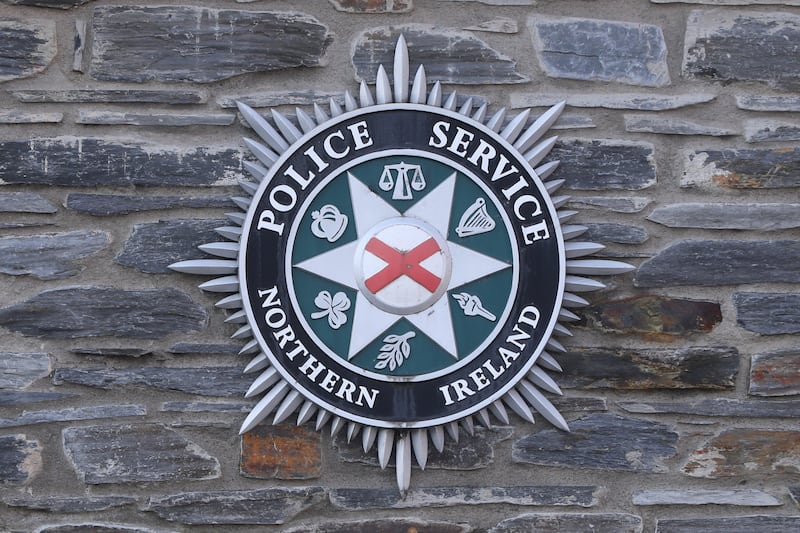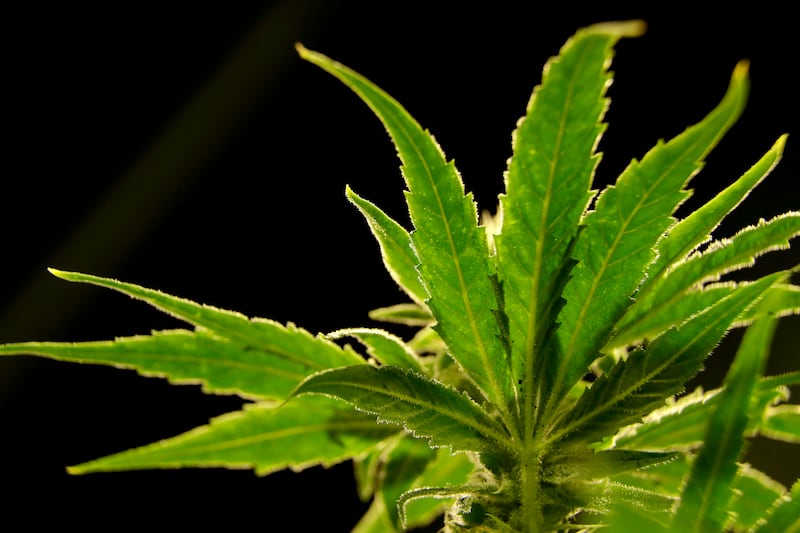NORTHERN Ireland’s drug problem is getting worse every year, with a steady upward trend of drug-related deaths and associated criminality.
Smuggled into the country by criminal gangs and individuals via land, air and sea - authorities face what seems like an impossible challenge in preventing harmful substances from flooding the streets.
This week, a Northern Ireland based lorry driver appeared in court charged in connection with a £6.8m cocaine seizure after his vehicle was stopped in Liverpool on Friday.
On Tuesday morning, a major security operation was launched off the Irish coast as Army Rangers rappelled onto a cargo ship originating from Panama that contained an estimated 157 million euro in suspected cocaine, thought to be Ireland's largest ever drug seizure.
In July 2021, the PSNI launched Operation Dealbreaker with the goal of confronting every aspect of drug misuse.
Working alongside other agencies represented on the Organised Crime Task Force, police regularly report on drug seizures but it remains unknown just how much is slipping through the net.
Read more:
- Efforts to contain Northern Ireland's drug problem like 'sticking plaster over gaping wounds'
- 'After years of abuse it just turns you into a freak' - North Belfast father speaks on overcoming 20-year cocaine addiction

24 drug seizures a day
Giving some idea of the policing operation, between July 1, 2022 and June 30, 2023 alone there were 8,934 drug related-seizures (the equivalent of 24 every day) with an estimated value of £12m as well as 3,340 arrests.
Cannabis (Class B) remained the most-commonly seized drug followed by cocaine (Class A), benzodiazepines (Class C) and pregabalin/lyrica (Class C).
In August at Larne Harbour, the PSNI’s Organised Crime Branch and Border Force officers seized Class A drugs with an estimated street value of £1m.
The previous week in Belfast harbour, suspected herbal cannabis worth an estimated £585,000 was found hidden when a heavy goods vehicle was searched.
In July, the PSNI and West Midlands Police also found a van in the Walsall area with suspected cannabis and cocaine thought to headed for Northern Ireland and with an estimated street value of £2m.
Organised crime and paramilitary control
In a statement to the Irish News, Detective Superintendent Emma Neill said: “Drug trafficking is a global trade, with traffickers using a variety of routes and methods.
“Organised crime groups exploit air, land and sea borders to import drugs into Northern Ireland, and this is a key focus for our Organised Crime Branch.”
What follows is the added impact of the paramilitary control of drugs and the associated problems of extortion, money lending and money laundering.
“Groups will use intimidation and physical violence to exercise their control over young people, and those who may be in any way vulnerable,” she said.
Read more

Organised criminal gangs and paramilitaries aren’t the only source of the problem, with many individuals bringing smaller amounts of drugs in to consume themselves and sell locally.
“Thousands of drugs, particularly in pill format, are removed from the postal system every year by our colleagues in UK Border Force,” she said.
Targeting supply lines
Working with a range of partners including the Department of Health, the PSNI also collaborate with partner agencies and police throughout Ireland and the UK to target suppliers, supply lines and identify trends.
Regular operations are also carried out at ports, airports and along road networks connecting with the Republic.

PSNI figures show that drug-related arrests increased between 2006/07 and 2019/20, and after a two-year dip they increased again over the last financial year.
Between June 2022 and July 2023, the 3,340 arrests represented an increase of 318 (10.5 per cent) compared to the previous year.
The 8,934 drug seizure incidents in the same period represented an increase of 802 (9.9 per cent) and with more Class A, B and C drugs recovered.
Ten policing districts experienced an increase in arrests, with Lisburn & Castlereagh City showing the largest rise.
Det Supt Neill said the actions were possible through collaborating with partners like the National Crime Agency, HMRC and UK Border Force.
“The figures are a reflection of combined and ongoing efforts, and in the last year (since July 2022) we have seized drugs with an estimated street value of approximately £12m,” she said.
“However, the statistics also reflect the worrying demand for the supply of drugs, with cannabis remaining the most-commonly seized drug in Northern Ireland.
She added: “Poly-drug use, that’s misusing more than one substance at the same time, and the misuse of prescription medication continue to be prominent features of many drug-related deaths.”
Families 'left to deal with heartache'
Beyond the numbers, she said it was the “real and devastating impact on the lives of indviduals” that mattered.
“Organised crime groups prey upon and exploit the most vulnerable in our society. And while these criminals prosper, others’ lives and relationships are ruined, with families left to deal with the inevitable heartache.
“Drug supply and demand is a vicious cycle that we need to collectively break. We all have a part to play. If you have information, or concerns, about the illegal use or supply of drugs please contact us on 101.”
Information can also be provided anonymously to Crimestoppers on 0800 555 111 or online.
Anyone who thinks they might have a problem alcohol and/or drugs can find information on the services available by visiting www.drugsandalcoholni.info








